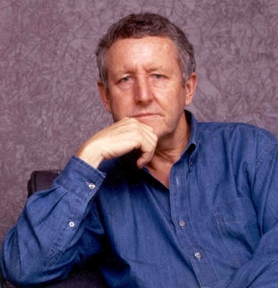Top 23 Quotes & Sayings by Lyall Watson
Explore popular quotes and sayings by a South African scientist Lyall Watson.
Last updated on April 15, 2025.
Even the cleanest air, at the centre of the South Pacific or somewhere over Antarctica, has two hundred thousand assorted bits and pieces in every lungful. And this count rises to two million or more in the thick of the Serengeti migration, or over a six-lane highway during rush hour in downtown Los Angeles.
Air is traditionally 'thin,' but the more we learn about our atmosphere, the more substantial it becomes. In some places it is so filled with inorganic flotsam that it is almost thick enough to plough; in others, it has become so primed with the by-products of life that it comes close to being a living tissue in its own right.
Dancing is surely the most basic and relevant of all forms of expression. Nothing else can so effectively give outward form to an inner experience. Poetry and music exist in time. Painting and architecture are a part of space. But only the dance lives at once in both space and time. In it the creator and the thing created, the artist and the expression, are one. Each participates completely in the other. There could be no better metaphor for an understanding of the mechanics of the cosmos.
Genes which allow females to be less inhibited leave fewer copies of themselves than genes which persuade them to remain highly selective. Among males, the best strategy is exactly the opposite one. The maximum advantage goes to those males with the fewest inhibitions. "Love 'em and leave 'em" is not so much a nasty peice of male chauvinist piggery as an accurate reflection of biological reality.





















